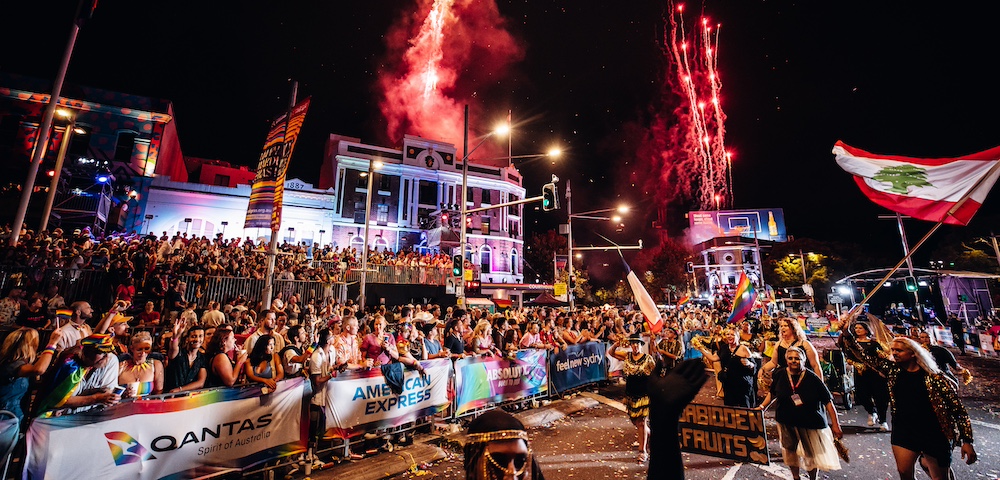
Quiet achiever for immigrants
I was born in the UK and I met my partner there in 1961. We got together and have stayed together ever since.
In the late 1980s I went off to Thailand for a year to teach English and I also bought a fare to Australia. My partner, who is Australian, had come back here to settle down. When I came to Australia to visit we talked over our future and decided it would be good for me to come here to live.
Back then, the authorities were talking about introducing interdependency regulations that would include same-sex couples. The regulations that came into effect in 1991 allow an Australian to nominate or sponsor his or her partner to come and live here. They are clever regulations in that they have no gender reference, so they include all couples.
We decided to sell up in the UK and come here. I was about 50 at the time, and it took me 13 months before I got a visa to come here for six months. Then I had to make another application in Australia in order to stay, so that was all a bit traumatic.
I think the officer at the time said there were about six applications on his desk in London, so I was one of the first to apply under the new regulations. We didn’t meet the requirements because we hadn’t lived together for a while, but I was successful in the end.
It was tough to set up in Australia in that I didn’t know anything and my partner wasn’t really savvy with the way things worked here. So I got involved with ACON and I trained with the HIV support group Ankali and started working with the social support group Asians and Friends. That helped me settle in a lot. Through those groups I found out about the Gay and Lesbian Immigration Task Force, GLITF.
Around 1994 my partner and I met an Indian guy in the local shopping mall. Then one day a few weeks later he was hauled off to Villawood detention centre.
I was the only one he could think of to call, but of course I knew nothing about the situation or laws. He was deported but nine months later he married an Australian citizen and he has been living happily ever since.
Because of this experience, I decided to get more involved with GLITF. I also became interested because of what I had been through. I thought I could help cut through the red tape and all the other misinformation that was there.
By the end of 1996 I was a GLITF co-convenor. The basic task for GLITF is to teach applicants what they need to do for migration. It has been running for nearly 25 years and we have a team of advisers who volunteer their time.
Early on I created the GLITF website. We have since had emails from practically every country in the world. I don’t know how many people GLITF has successfully advised. But it’s great to walk down Oxford Street and have someone come up and say, You helped me get my visa.
There have been a lot of frustrations, but remarkably few failures -“ I can’t remember one in the last three or four years. Most of the failures have been because people have been to agents and solicitors for help and got screwed around in the process.
Something I’m particularly concerned about at the moment is the plight of refugees. I have had a number of really genuine refugees and one in particular really angers me. It is a boy who was caught kissing his male partner on a beach in an overseas country. The pair of them were hauled off to the police station. They were both raped and beaten up by the police.
Due to circumstances, the boy managed to get out on a temporary visa and came to Australia and applied for protection. It’s been refused all the way through, but it’s perfectly obvious that if he goes back then he’s going to go to jail.
There are genuinely gay guys in from Iran and other countries where homosexuality is a capital offence -“ you will be killed. GLITF isn’t equipped or skilled to help people in these situations. It’s something we’d like to do something about. Quite what and how, I don’t know.
I recently received an exemplary service award from GLITF for my work over more than 10 years, which was a real honour. I also won the Pride Week award for Quiet Achiever a few years ago.
As to what happens from here, I think it will depend on government. I don’t think a lot more reform for gay and lesbian immigration will happen under the current government.
For more information about GLITF visit www.glitf.org.au or email info@glitf.org.au.
Interview by Ian Gould









